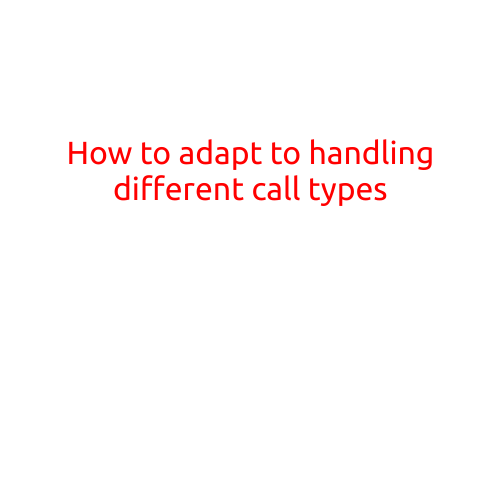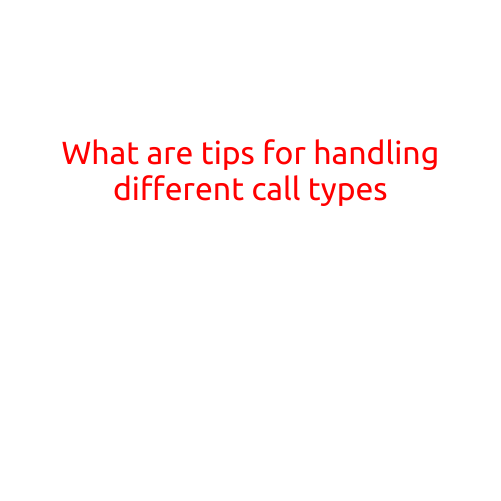
What Makes a Good Being Attentive to Details on Calls
In today’s fast-paced and competitive business landscape, effective communication is more crucial than ever. When it comes to making or taking calls, being attentive to details is essential for building strong relationships, resolving issues, and driving success. In this article, we’ll explore what makes a good being attentive to details on calls and how you can improve your skills in this area.
What is being attentive to details?
Being attentive to details means paying close attention to every aspect of a conversation, including verbal and non-verbal cues, tone of voice, and messages conveyed. It involves being fully present and engaged in the conversation, actively listening to the other person, and taking notes or summarizing important points.
Why is being attentive to details important on calls?
There are several reasons why being attentive to details is crucial on calls:
- Improved communication: When you’re attentive to details, you can clarify any misunderstandings, confirm agreements, and ensure that both parties are on the same page.
- Enhanced customer satisfaction: By paying attention to every detail, you can address customer concerns, provide tailored solutions, and increase customer satisfaction.
- Increased productivity: Good note-taking and summarization skills can help you quickly reference important information, reducing the need for repeated discussions and saving time.
- Better decision-making: By gathering and analyzing all relevant information, you can make more informed decisions and mitigate potential risks.
What makes a good being attentive to details on calls?
To become a top-notch being attentive to details on calls, you need to cultivate the following skills:
- Active listening: Focus on the conversation, and avoid interrupting or multitasking. Paraphrase and summarize what the other person is saying to ensure understanding.
- Note-taking: Jot down important details, such as dates, times, and key points. This helps you to reference information quickly and accurately.
- Non-verbal communication awareness: Be mindful of your tone, body language, and facial expressions, as these can convey just as much information as your words.
- Open-mindedness: Be receptive to new information and perspectives, and avoid making assumptions or jumping to conclusions.
- Patience and understanding: Stay calm and composed, even in the face of challenging or frustrating situations.
- Empathy: Try to understand the other person’s concerns, needs, and emotions.
Tips to improve your being attentive to details on calls
To become a master of being attentive to details on calls, try the following:
- Prepare ahead of time: Familiarize yourself with the topic or issue to be discussed, and prepare any necessary materials or questions.
- Use a call script or guide: Having a structured approach can help you stay focused and ensure that you cover all necessary points.
- Use technology to your advantage: Utilize tools like recording software or call centers’ transcription services to help you stay organized and focused.
- Take breaks if needed: If you’re feeling overwhelmed or unfocused, take a moment to clear your head and refocus.
- Practice active listening: Regularly practice active listening in everyday conversations to improve your skills and build your confidence.
Conclusion
Being attentive to details on calls is a critical skill for success in any profession. By cultivating the skills mentioned above and incorporating the tips provided, you’ll become a master of active listening, note-taking, and non-verbal communication. By paying attention to every detail, you’ll be able to build stronger relationships, resolve issues more efficiently, and drive greater success in your personal and professional life.





